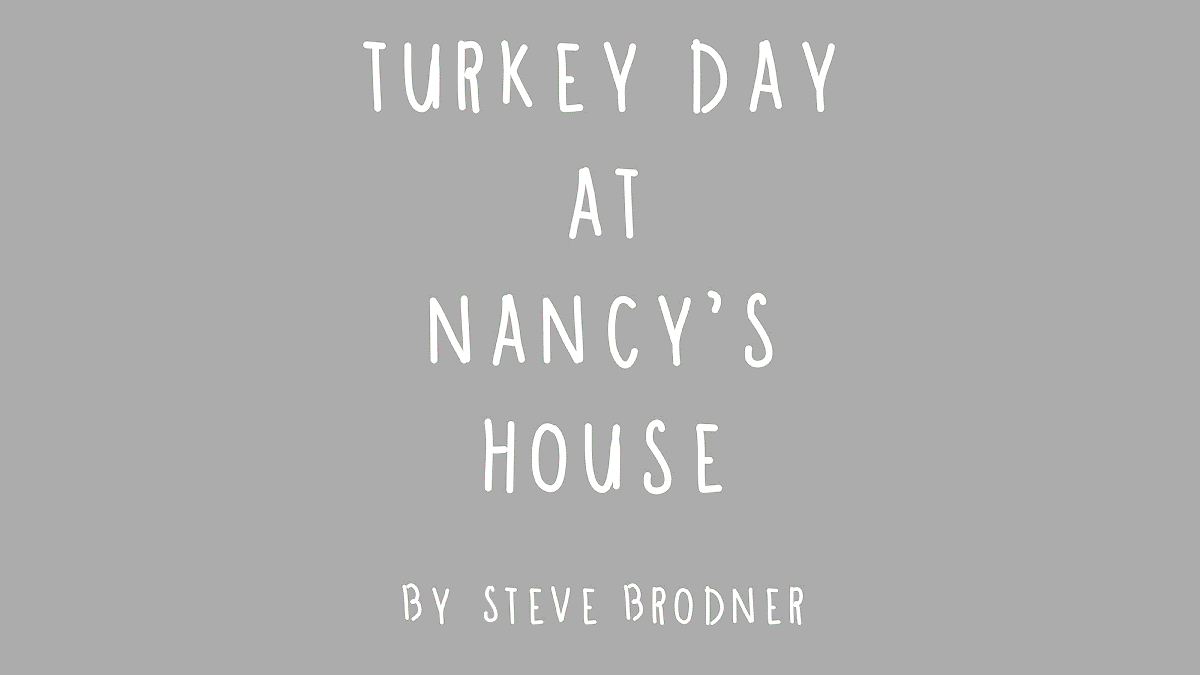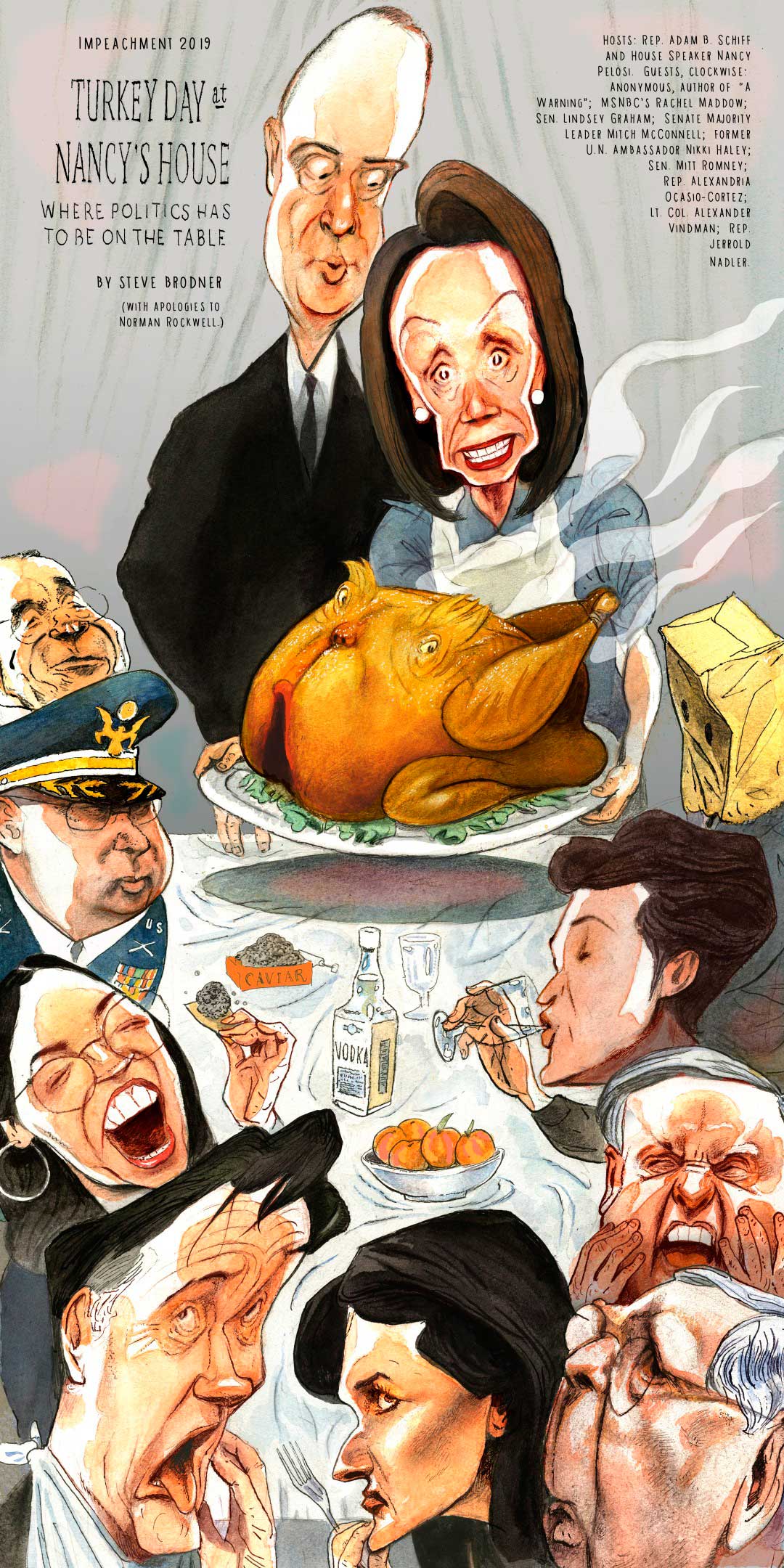
Sarah Palin, nailed again as Liar in Chief. As Truman said about Nixon: “Even if he caught himself telling the truth, he would quickly tell a lie just to keep his hand in.”
When you find a liar, bag that rascal!!!
Sarah Palin, ‘Death Panels’ and ‘Obamacare’

(J. Scott Applewhite/AP) “I stand by everything I wrote in that warning to my fellow Americans”
— Former Alaska governor Sarah Palin (R), in a Facebook post titled “‘Death Panel’ Three Years Later’”
On the eve of the historic Supreme Court ruling on President Obama’s health-care law, the one-time vice presidential nominee posted a notice on Facebook saying she was right about accusing the Obama administration of instituting “death panels” after all. Quoting from her original post, she wrote:
The America I know and love is not one in which my parents or my baby with Down Syndrome will have to stand in front of Obama’s “death panel” so his bureaucrats can decide, based on a subjective judgment of their “level of productivity in society,” whether they are worthy of health care. Such a system is downright evil.
Specifically, Palin references the Independent Payment Advisory Board, created in the law, saying “its purpose all along has been to ‘keep costs down’ by actually denying care via price controls and typically inefficient bureaucracy.” She added that “this subjective rationing of care is what I was writing about in that first post.”
Let’s take a look at what Palin claims.
The Facts
First of all, Palin is not quoting herself correctly.
Her first post was about a proposal in the emerging bill that would allow Medicare to pay for doctor’s appointments for patients to discuss living wills and other end-of-life issues. Palin’s decision to call this pending provision a “death panel” ignited a firestorm that resulted in the language being removed from the final legislation.
The debate predated the relaunch of The Fact Checker column, but our colleagues of PolitiFact awarded Palin with the 2009 “Lie of the Year” for the death panel claim.
The political impact of her statement is hard to overstate. In 2011, the Obama administration even deleted all references to end-of-life planning in a new Medicare regulation when opponents interpreted the move as a back-door effort to allow such planning. So even in the regulations Palin achieved her goal.
Now, however, she claims that the Independent Payment Advisory Board (IPAB) is what she was talking about in the first place. It is important to note that the IPAB is primarily charged with helping to reduce the rate of growth in Medicare spending — a goal that both parties say they want to achieve. The IPAB, made up of 15 experts subject to Senate confirmation, would also make broader recommendations about controlling health costs.
Beginning in 2018, if the targets are not met, the board will submit a plan to the White House and Congress to achieve the necessary cuts. Congress could pass a different set of cuts or reject the IPAB recommendations with a three-fifths vote in the Senate.
In effect, the IPAB appears designed to mimic the Defense Base Realignment and Closure Commission, which was designed in the late 1980s by then Rep. Richard K. Armey (R-Tex.) with the backing of the Reagan administration. That commission was empowered to make politically difficult decisions of closing military bases, thus limiting the influence of lobbyists and in effect letting Congress off the hook of making the tough decisions themselves.
The health-care law, by the way, explicitly says that the recommendations cannot lead to rationing of health care. (See page 428 of the law.) Of course, “rationing” is in the eye of beholder. (One common complaint is that rationing is not defined.) The law also limits recommendations that would change benefits, modify eligibility or increase Medicare beneficiary cost-sharing, such as deductibles, coinsurance and co-payments.
View Photo Gallery: From Teddy Roosevelt to the high court’s decision to uphold President Obama’s health-care law, here are some of the most significant moments in the history of health-care reform.
On the surface, the IPAB appears aimed at doing the same thing as the House Republican Medicare plan— reducing the runaway costs of Medicare, except on a faster track. (The GOP plan would not kick in until 2021, just a few years before the Medicare hospital fund begins to run dry.)
The dispute really centers on a philosophical divide between the parties. Democrats would rely on independent experts (such as doctors and consumer advocates) to recommend the cuts; Republicans would rely on the insurance marketplace to control costs. We can’t fact check deeply held philosophical beliefs, except to note that such differences sometimes loom larger than they really are and prevent people from acknowledging obvious similarities.
The fact is that choices must be made if lawmakers want to control costs in traditional Medicare. The IPAB is one tool to achieve that goal. (The Congressional Budget Office estimated the IPAB could reduce Medicare spending by $28 billion between 2010 to 2019.) Even with the potentially vague language on rationing in the law, the IPAB members would need to be confirmed by the Senate, and Congress would have the opportunity to reject the recommendations. (However, some opponents arguethat the congressional oversight is weak.)
Even so, the New England Journal of Medicine suggested that the IPAB may find it difficult to “cut Medicare provider payments so long as private payers’ rates remain unconstrained,” especially since its recommendations regarding private payments are nonbinding.
The Pinocchio Test
Palin is seizing on a completely different entity to justify her provocative use of the phrase “death panel” three years ago. But the IPAB in no way resembles the “death panel” that she claims would decide whether her parents or her baby with Down Syndrome are worthy of care. Instead, it is a tool—subject to oversight and approval by Congress—to try to rein in the soaring cost of Medicare.
Words have consequences, and Palin is fooling herself if she thinks she can justify such inappropriate terminology to describe an effort, however imperfect, to address a serious problem that politicians on both sides of the aisle say they want to solve.
Four Pinocchios

Check out our candidate Pinocchio Tracker
Follow The Fact Checker on Twitter and friend us on Facebook .
Track each presidential candidate’s campaign ads




